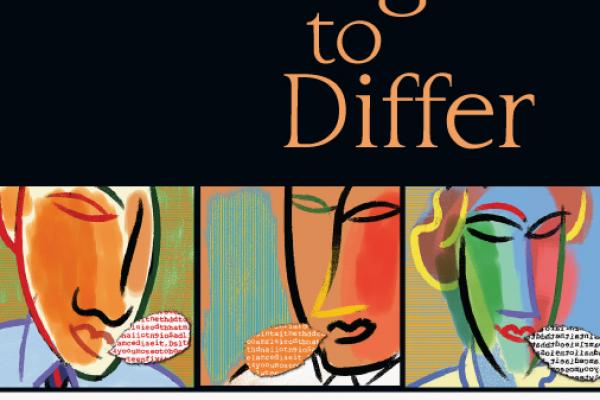POLICE BRUTALITY, the Affordable Care Act, climate change: When people with differing convictions on issues such as these come together for conversation, some prefer to first set aside the issues and focus on building relationships, while others want disagreements front and center. In his book I Beg to Differ: Navigating Difficult Conversations With Truth and Love, Biola University communications professor Tim Muehlhoff says relationship and honesty are necessary for progress to be made.
“If every conversation we have with others is about the issues that divide us, the intensity will hurt the communication climate,” he writes.
For example, he offers the hypothetical story of an evangelical Christian who wants to share his faith with a Muslim co-worker. Over lunch, the colleagues take time to learn about each other’s differing religious convictions, but the conversation doesn’t invade their work relationship. Back at the office, they return to their easygoing, day-to-day relational habits.
It’s a mistake to begin conversations by trying to convince others of our position, Muehlhoff says. It is better to listen with a sincere desire to understand what the other person believes and why they believe it.
Read the Full Article

